In a time when scientists are working on how to travel back in time, a fiction seeming fact is under our nose. What if we tell you there is such a country with a calendar seven to eight years behind the rest of the world. It is like when you travel to Ethiopia, you take a trip back in time. In this article, we will see what makes Ethiopia unique and what the current time and date is in Addis Ababa, Ethiopia.
Ethiopia, with so many peculiar features, has a fantastic calendar. Many other countries worldwide have and follow their calendars, different from the commonly used Western Gregorian calendar. However, the Ethiopian calendar still has unique features that distinguish it from others.
You may have probably heard the slogan “A Country with Thirteen Months of Sunshine” from Ethiopians. This is not a mere pride slogan, but it is a fascinating fact in our world. Yes, Ethiopia has a year that lasts 13 months. Okay, let us demystify the topic thoroughly.
Current Time In Addis Ababa, Ethiopia
| Time in Addis Ababa, Ethiopia |
If you want to change GC to EC or vice versa, Use the Online Date Converter.
Ethiopia is in the Eastern Africa Time zone all year and does not have daylight savings. Locally, almost all Ethiopians use a 12-hour clock system time, with Sunrise being at 12 in the morning and sunset at midnight. As a result, the daytime cycle begins at dawn at 12:00 (6:00:00 AM EAT) and ends at dusk at 11:59:59 (5:59:59 PM EAT). On the other hand, the night cycle begins at dusk at 12:00 (6:00:00 PM EAT) and ends at dawn at 11:59:59 (5:59:59 AM EAT). Times are expressed as being “3 in the morning” (approximately 9 am GMT+3) or “6 in the evening” (around 12 am GMT+3).
Time Difference Between Addis Ababa (Ethiopia) And Major World Cities.
- Abu Dhabi: +1 hour
- Abuja: -2 hours
- Accra: -3 hours
- Amman: same time
- Amsterdam: -1 hour
- Ankara: same time
- Asmara: same time
- Athens: same time
- Baghdad: same time
- Bangkok: +4 hours
- Beijing: +5 hours
- Beirut: same time
- Berlin: -1 hour
- Brussels: -1 hour
- Budapest: -1 hour
- Buenos Aires: -6 hours
- Cairo: -1 hour
- Copenhagen *: -1 hour
- Dakar: -3 hours
- Djibouti: same time
- Doha: same time
- Harare: -1 hour
- Helsinki: same time
- Jerusalem: same time
- Juba: -1 hour
- Kabul: +1:30 hours
- Kampala: same time
- Khartoum: -1 hour
- Kigali: -1 hour
- Kinshasa: -2 hours
- Kyiv: same time
- Lisbon: -2 hours
- Lomé: -3 hours
- London: -2 hours
- Lusaka : -1 hour
- Madrid: -1 hour
- Mexico City: -8 hours
- Minsk: same time
- Mogadishu: same time
- Monaco: -1 hour
- Nairobi: same time
- New Delhi: +2:30 hours
- Oslo: -1 hour
- Panama: -8 hours
- Paris: -1 hour
- Pretoria: -1 hour
- Pyongyang: +6 hours
- Rabat: -3 hours
- Rome: -1 hour
- Santiago: -7 hours
- Seoul: +6 hours
- Singapore: +5 hours
- Taipei: +5 hours
- Tokyo: +6 hours
- Tripoli: -1 hour
- Tunis: -2 hours
- Vatican City: -1 hour
- Vienna: -1 hour
- Washington DC: -7 hours
Amazing Facts about Ethiopian Dating System
The Ethiopian calendar, also known as the Ge’ez Calendar, is the main calendar of Ethiopia, making the country one of a few countries in the world with its calendar. Aside from being a civil calendar, the Ethiopian calendar is also the official calendar in the Orthodox Tewahido Church in both Ethiopia and Eritrea. As a result, many of the significant universally-celebrated holidays fall on completely different days from the rest of the world.
Ethiopian Has 13 months
The Ethiopian calendar comprises 13 months, 12 months or 30 days, and one month of 5 or 6 days, depending on if it’s a leap year. In contrast, the Gregorian calendar has days that can be less or more than 30 days in a month. This makes the Ethiopian calendar a bit simpler than the Gregorian calendar, in which we have to remember if a month ends on the 30th or the 31st. In other words, a year has 365 days 6 hours 2 minutes, and 24 seconds in the Ethiopian calendar. The thirteenth month in the Ethiopian calendar, Puagme, is derived from the Greek word epagomene, which means “days overlooked in calculating a year.” In an intercalary year, this month has either five or six days. Puagme will have six days instead of five once every four years. Puagme will also have the seventh day once every 600 years.
Ethiopia has Four-Year Leap-Year Cycle
The Ethiopian Calendar’s four-year leap-year cycle is linked with the names of the four gospel evangelists of the Bible. The first year after an Ethiopian leap year is named the John year, followed by Matthew and then the Mark year. The year with the 6th epagomenal day is traditionally designated as the Luke year.
The Ethiopian calendar is different from most of the rest of the world. It is seven years behind the widely used Gregorian calendar. However, it is closely related to the Julian and Coptic Egyptian calendars. It has very similar features to the ancient Egyptian calendar. This is no surprise because ancient Ethiopia and Egypt were closely connected and shared a lot in common.
The Ethiopian and Coptic Egyptian calendars have 13 months, 12 of which have 30 days, and an intercalary month of just 5 or 6 days, depending on the year. Moreover, Ethiopian calendar months begin on the same days as Coptic calendar months but are instead named in the Ge’ez language. Contrary to what has been said, Ethiopia’s calendar also differs from both the Coptic and Julian calendars; the difference between the Coptic and the Ethiopian calendar is 276 years.
Although Ethiopia is considered to derive the early Christian calendar system from the Coptic Church, there is clear evidence for a well-established Ethiopian calendar of 12 months living in more ancient times, even before the introduction of Christianity into Ethiopia. In fact, since Christianity, many things were added to the calendar system, but the Ethiopian calendar existed in early antiquity, away before the time of Christ. Few stone inscriptions attest to this claim. Besides, many other massive studies show that Ethiopians are the pioneers of the science of stars. As a result, Ethiopians had made substantial studies on astronomical cycles that take back hundreds of years before they were studied in modern science.
Why Is The Ethiopian Calendar 7 To 8 Years Behind The Gregorian calendar?
Both the Ethiopian and Gregorian calendars use Biblical Annunciation as a starting point for their calculations. However, the main difference between the two calendars is the alternate calculations used to determine Jesus Christ’s birth date. The Ethiopian Orthodox Church believes Jesus Christ was born in 7 BC. Conversely, Europeans adopted a different estimate for the birthdate of Jesus, which places the Annunciation eight years earlier. As a result, there exists a gap of 8 years between the start of the Ethiopian calendar and the Gregorian. In 525 AD, the Roman Catholic Church amended its calculation, but the Ethiopian Orthodox Church did not. Instead, it retained its original calendar, which claims that Jesus was born in 7 BC.
Months in EC vs GC
| Ethiopian Calendar | Gregorian Calendar |
| Mäskäräm (መስከረም) | (September-October) |
| Ṭəqəmt(i) (ጥቅምት) | (October- November) |
| Ḫədar (ኅዳር) | (November- December) |
| Taḫśaś ( ታኅሣሥ) | (December- January) |
| Ṭərr(i) (ጥር) | (January- February) |
| Yäkatit (የካቲት) | (February- March) |
| Mägabit (መጋቢት) | (March- April) |
| Miyazya (ሚያዝያ) | (April – May) |
| Gənbo (t) (ግንቦት) | (May – June) |
| Säne (ሰኔ) | (June – July) |
| Ḥamle (ሐምሌ) | (July-August) |
| Nähase (ነሐሴ) | (August- September) |
| Ṗagume (ጳጉሜ) | No equivalent month |
Ethiopian Week Days
Since the Ethiopian calendar is significantly intertwined with biblical anecdotes, ancient Ethiopians named each day of the week based on the Book of Genesis in the Old Testament, especially in the book’s first two chapters. In contrast, the Gregorian calendar naming was based on Greek and Roman mythological beings. In naming the days of the week, Ethiopians showed their remarkable creativity. They used the book’s first two chapters to derive a meaningful name for the weekdays.
In the Book of Genesis, we have the famous story of God creating the world in six days, resting on the seventh. The names, which early Ethiopians gave to the days of the week, are a beautiful celebration of those six days of creation. For example, the first day of the week, called Ehud, translates as ‘the first day’ in the ancient Ge’ez language to perpetually honor the first day of creation. Similarly, all the other weekdays have a meaning interlinked with the Bible.
DAYS OF THE WEEK
- Sunday __ Ehud
- Monday __ Sagno
- Tuesday __ Maksagno
- Wednesday __ Rabue
- Thursday __ Hamus
- Friday __ Arb
- Saturday __ Kidame
Important Holidays in Ethiopia
| Ethiopian Holiday | Ethiopian Date | Gregorian Date |
| Ethiopian New Year አዲስ ዓመት | እሁድ, መስከረም 1, 2015 | Sunday, September 11, 2022 |
| Finding of the True Cross መስቀል | ማክሰኞ, መስከረም 17, 2015 | Tuesday, September 27, 2022 |
| Moulid መዉሊድ | ቅዳሜ, መስከረም 28, 2015 | Saturday, October 8, 2022 |
| Ethiopian Christmas ገና | ቅዳሜ, ታኅሣሥ 29, 2015 | Saturday, January 7, 2023 |
| Ethiopian Epiphany ጥምቀት | ሐሙስ, ጥር 11, 2015 | Thursday, January 19, 2023 |
| Victory of Adwa Day የዓድዋ ድል በዓል | ሐሙስ, የካቲት 23, 2015 | Thursday, March 2, 2023 |
| Ethiopian Good Friday ስቅለት | ዓርብ, ሚያዝያ 6, 2015 | Friday, April 14, 2023 |
| Ethiopian Easter ፋሲካ | እሁድ, ሚያዝያ 8, 2015 | Sunday, April 16, 2023 |
| Eid al-Fitr ዒድ አል ፈጥር | ዓርብ, ሚያዝያ 13, 2015* | Friday, April 21, 2023* |
| Labour Day የላብ አደሮች ቀን | ሰኞ, ሚያዝያ 23, 2015 | Monday, May 1, 2023 |
| Ethiopian Patriots Victory Day የአርበኞች ቀን | ዓርብ, ሚያዝያ 27, 2015 | Friday, May 5, 2023 |
| Downfall of Derg ደርግ የወደቀበት ቀን | እሁድ, ግንቦት 20, 2015 | Sunday, May 28, 2023 |
| Eid al-Adha ዒድ አል አድሐ | ረቡዕ, ሰኔ 21, 2015* | Wednesday, June 28, 2023* |
When Do Ethiopians Celebrate New Year?
Ethiopian New Year (Enqutatash) usually falls on September 11 but occurs on the 12th in leap years, at the start of spring.
When Do Ethiopians Celebrate Christmas?
Although the rest of the world celebrates Christmas on December 25, Ethiopians and Russian, Greek, Eritrean, and Serbian Orthodox churches celebrate Christmas (Genna) on January 7.
When Do Ethiopians Celebrate Epiphany (ጥምቀት)?
According to the 2015 Ethiopian calendar, the holiday known as Timkat, or Epiphany, which commemorates Jesus Christ’s baptism in the River Jordan, is observed on Thursday, January 19, 2023. Timkat is a three-day festival rather than a one-day event. The most significant day is, however, January 19 or January 20 on leap years (Gregorian calendar), which corresponds to the tenth of Tir in the Ethiopian calendar.
When Do Ethiopians Celebrate Ethiopian Easter (ፋሲካ)?
According to the Ethiopian calendar, Ethiopian Easter, a holiday honoring Jesus’ ascension from the dead, is observed on Sunday, April 16, 2023. A 55-day fasting period known as the Great Lent Fast, or Hudade in Amharic, precedes Ethiopian Easter. Fasting is observed during this time of year to commemorate Jesus Christ’s 40-day fast following his baptism.
What Year Is It In Ethiopia?
According to the Ethiopian calendar, the current year is 2015 which can be alternatively considered as 2022/2023 in the Gregorian calendar. However, according to Western calendars, the current year is 2022 which is seven years behind of the Ethiopian one. While the Gregorian calendar will be 2023 on January 1st ,the Ethiopian calendar on the other hand remains 2015 throughout this year up to September. As we can see, the year 2015 is not only the year in Ethiopia; it is also the current year of Eritreans as well. Ethiopians welcomed the year 2015 on Sunday, September 11, 2022 (እሁድ, መስከረም 1, 2015).
Related Topics
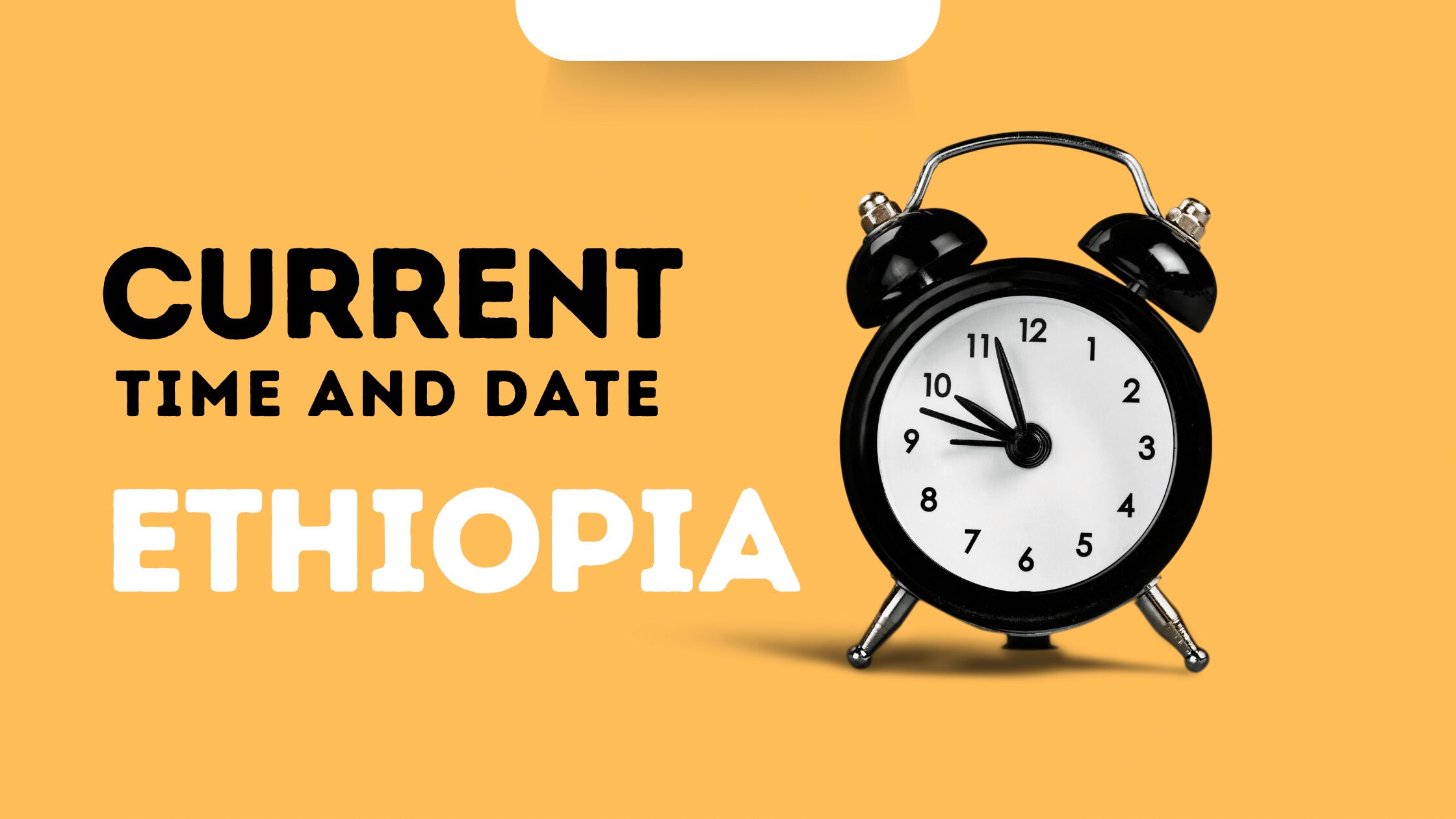
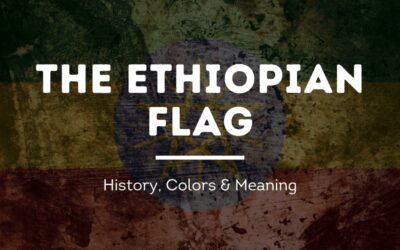
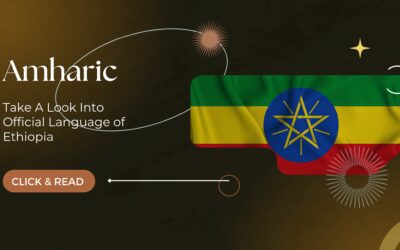

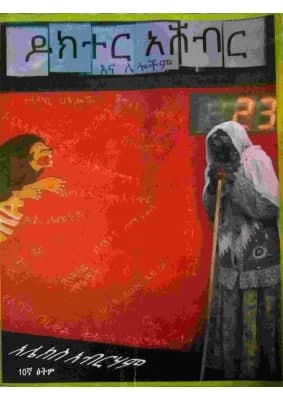
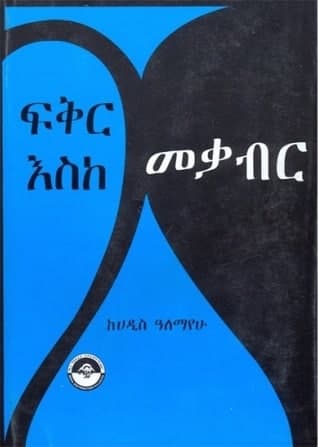
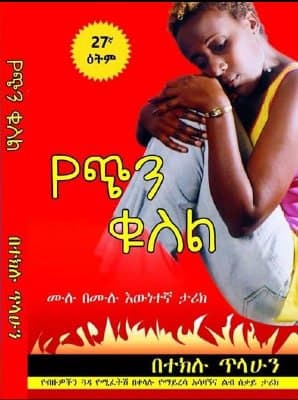
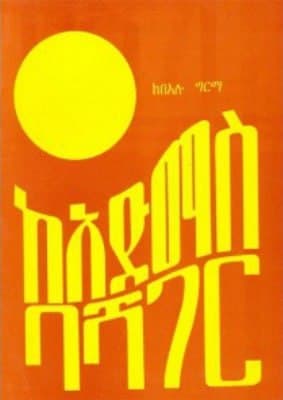

0 Comments
Trackbacks/Pingbacks